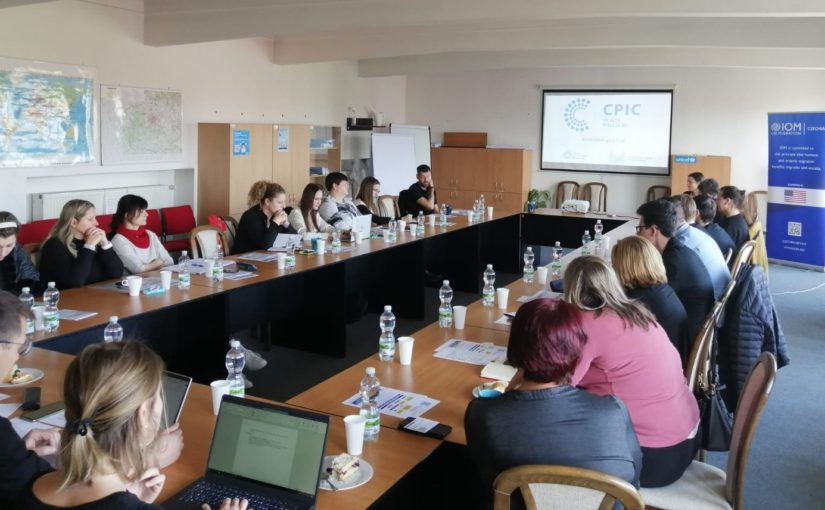
Centra koordinují spolupráci partnerů v oblasti integrace
Kromě poskytování služeb cizincům plní Centra na podporu integrace cizinců (CPIC) i neméně důležitou koordinační roli. Cílem je podpora spolupráce mezi integračními partnery v krajích.


Kromě poskytování služeb cizincům plní Centra na podporu integrace cizinců (CPIC) i neméně důležitou koordinační roli. Cílem je podpora spolupráce mezi integračními partnery v krajích.

Co se v Centrech na podporu integrace cizinců (CPIC) provozovaných SUZ MV událo, co se děje a co máme v plánu se dočtete v listopadovém newsletteru.
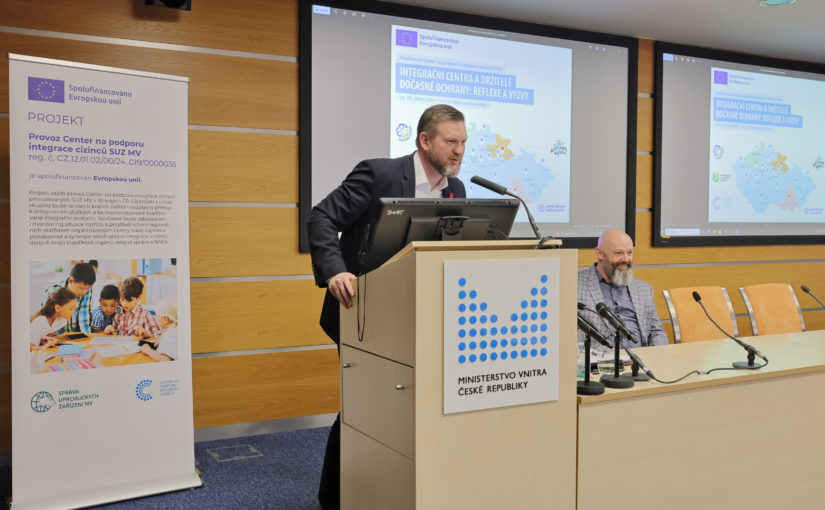
Centra na podporu integrace cizinců (CPIC nebo Integrační Centra) přispěla ke zvládnutí uprchlické krize z Ukrajiny systémovým přístupem, odborností svých pracovníků a koordinací ostatních aktérů integrace.
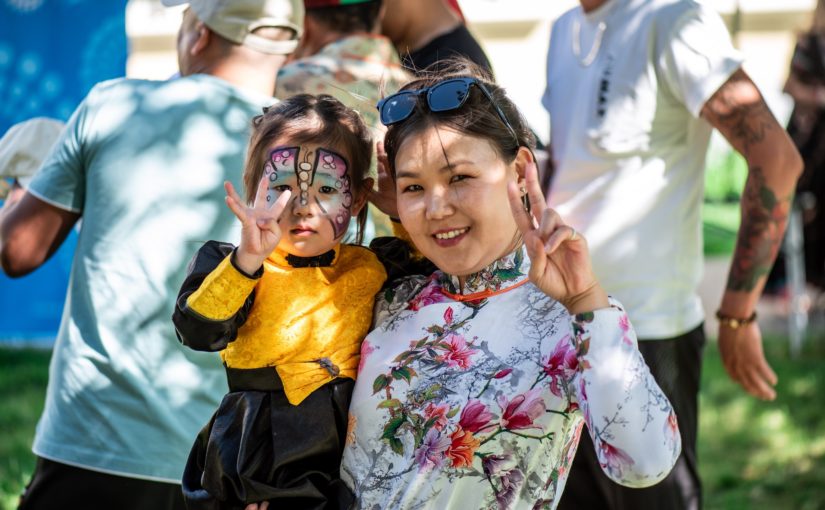
Oslava národních svátků či účast na kulturních festivalech jsou pro cizince i Čechy možností, jak si lépe porozumět. Mnohé z těchto akcí spolupořádají i Integrační centra.

Co se v Centrech na podporu integrace cizinců (CPIC) provozovaných SUZ MV událo, co se děje a co máme v plánu se dočtete v říjnovém newsletteru.
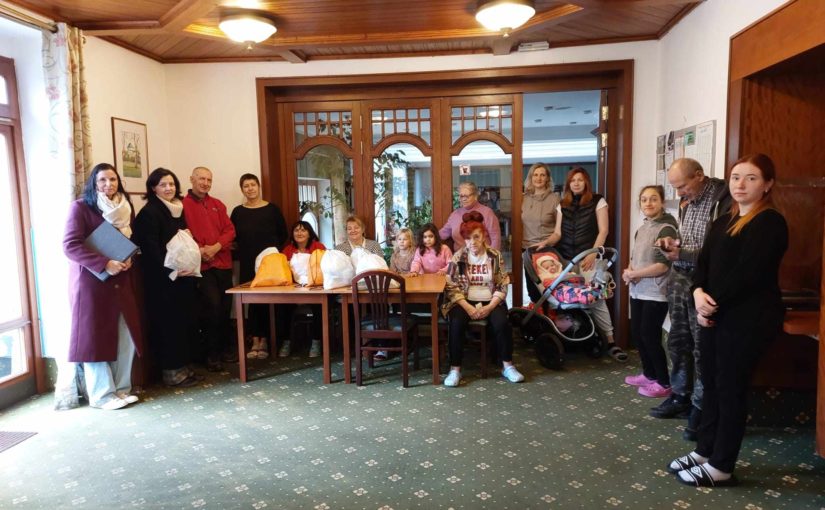
Naši sociální pracovníci zdaleka nepůsobí jen v Centrech. Klienty, kteří potřebují pomoc, ale nemohou se osobně dostavit k nám do CPIC, navštěvují i přímo v jejich prostředí.
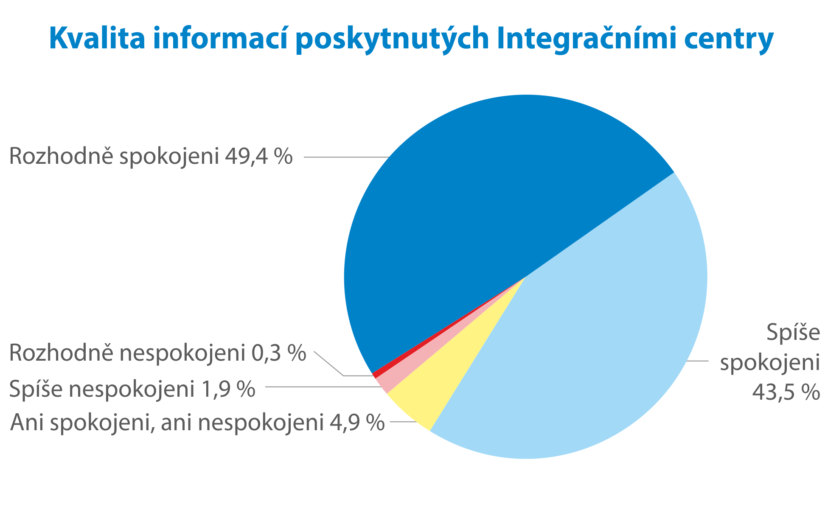
Kvalitu informací, které poskytují Centra na podporu integrace cizinců (CPIC), oceňuje devět z deseti držitelů dočasné ochrany na území České republiky. Konstatoval to průzkum agentury SocioFaktor.

Co se v Centrech na podporu integrace cizinců (CPIC) provozovaných SUZ MV událo, co se děje a co máme v plánu se dočtete v zářijovém newsletteru.
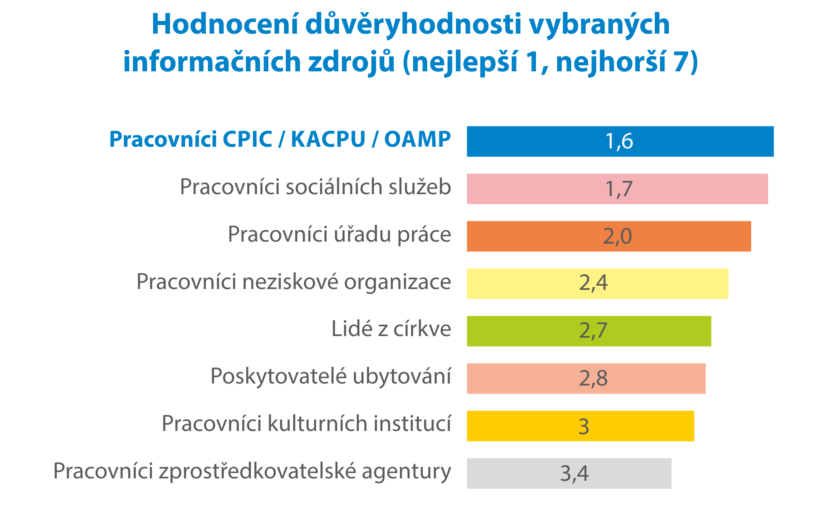
Držitelé dočasné ochrany na území ČR považují Centra na podporu integrace cizinců (CPIC) za jeden z nejdůvěryhodnějších zdrojů informací. Vyplynulo to z průzkumu společnosti SocioFaktor.

Centra na podporu integrace cizinců (CPIC) patří mezi nejčastější a nejužitečnější zdroje informací. Vyplynulo to z průzkumu společnosti SocioFaktor, realizovaném mezi držiteli dočasné ochrany v České republice.
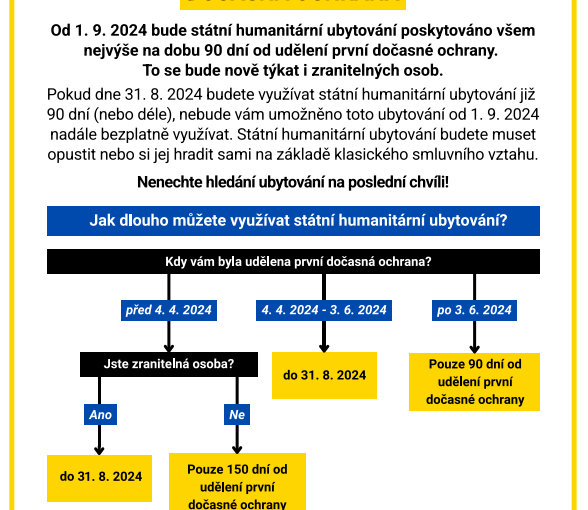
Od 1. září se podstatně mění podmínky, za kterých je držitelům dočasné ochrany (DO) poskytováno bezplatné státní humanitární ubytování. Změna se týká i zranitelných osob.
Following the governmental document “Concept of Integration of Foreigners”, Refugee Facilities Administration of Ministry of Interior gradually opened 14 Centres for Support of Integration of Foreigners (“CPIC” or “Centres”) since 2009. They are in 10 regions: Central Bohemia, South Bohemia, Karlovy Vary Region, Liberec Region, Moravian-Silesian Region, Olomouc Region, Pardubice Region, Plzeň Region, Zlín Region and Vysočina Region.
Other similar centres were established in the 4 remaining regions by different organizations – in Prague it is Prague City Hall, in South Moravia it is Regional Office of the South Moravian Region, in Ústí nad Labem Region it is non-governmental organization The Counselling Centre for Integration and in Hradec Králové Region, it is Diocesan Catholic Charity of Hradec Králové.
Goal of the Centres is to create space for a long term and conceptual support of the integration of foreigners into majority society. They form a complex network throughout the country, which ensures the implementation of the integration policy of the Czech Republic in relation to the target group.
Centres’ operation is covered from the state budget, respectively, from the budget of Refugee Facilities Administration of Ministry of Interior on the basis of the amendment to Act 326/1999 Coll., the Act on the Residence of Foreigners. Based on the same amendment, the Centres organize the mandatory adaptation-integration courses from 1 January 2021.
Between 2009 and 2020 the operation of the Centres was paid from the EU budget, specifically from European Fund for the Integration of Third-Country Nationals (2009 – 2015) and from Asylum, Migration and Integration Fund (2015 – 2020).
Target Group:
Foreigners legally residing in the Czech Republic and other individuals who have been granted international protection – asylum or subsidiary protection.
Services:
All below mentioned services are offered for free in all Centers in support of the integration of foreigners; a current offer, including a timetable is available in tab pages of individual workplaces on these Internet pages.
The CPIC operation includes not only the regional capital but it also covers the whole region, in case of the Center workplaces in the Central Bohemian Region, they operate in the assigned region.
Activities for Clients:
– Social counselling
– Legal counselling
– Psychosocial counselling
– Czech language courses
– Interpreting services
– Sociocultural courses
– Operation of the Internet station and library
– Community workers
– Education, cultural, and social events
Coordination Activities:
– Regular meetings of the platform
– Cooperation with all relevant partners in integration activities, especially regions, local administrations, and employers, in solving the impact of labor migration in individual regions
– Monitoring of the target group in the region
CPIC’s role in the Ukraine crisis
In the period since 24 February 2022, when Ukraine began to face the war aggression of Russia, CPIC staff are fully involved in the crisis resolution, whether by working directly at the Regional Assistance Centres for Ukraine (KACPU) in individual regions, providing consultancy directly at the Centres, joining crisis management groups and other strategic teams, providing interpreters and informing clients and the public about current situation.
Latterly, we are mainly focusing on providing consultancy and assistance to clients in area of extension of temporary protection, doing fieldwork, providing support to towns and villages where clients are accommodated and also monitoring and supporting vulnerable groups.
CPIC’s contribution to the operation of KACPU
Since the very beginning of the war in Ukraine and beyond regular activities, the Centres for the Support of the Integration of Foreigners operated by the SUZ MV have been actively involved in the establishment and operation of the Regional Assistance Centres for Ukraine (KACPU. Our primary task there was to arrange accommodation for those Ukrainians who did not have any safety net here (i.e. arranged housing, family, friends or employers to stay with). Thus, we gradually filled accommodation in the contracted facilities of the SUZ MV with a capacity of more than 5000 places, and more than 3500 more places were arranged by our staff through voluntary offers of private accommodation that came to the e-mail address established for this purpose (ubytovaniukrajina@suz.cz).
In addition, CPIC staff’s work at KACPU has included providing basic counselling to newly arriving clients, identifying and providing follow-up assistance to particularly vulnerable groups, and coordinating interpretation services. In 2022, we provided some form of assistance to more than 133,000 newly arrived clients from Ukraine.
NEW OBLIGATION FOR FOREIGN NATIONALS FROM THIRD COUNTRIES FROM THE 1st OF JANUARY 2021
Adaptation and integration courses „Welcome to the Czech Republic“
Every foreign national from third country who received a long-term or permanent residence permit since the 1st of January 2021, included, is required to attend adaptation and integration course within one year of the date of collecting the residence permit. You can find a list of all the groups of foreigners this obligation is required from, including all the exceptions in law, on the Ministry of Interior web pages.
What is the adaptation and integration course?
This course will help you to navigate faster and better in the Czech society and it will provide you with the basic information. You will learn the fundamental values of the Czech society and its culture, as well as your rights and obligations. Main topics will cover basic situations you can get into as a foreigner in a daily life (residence requirements, employment, education, healthcare system, social security, housing etc.) You will receive contact information to organizations and institutions which provide free consultations, language courses and other services to foreign nationals; those are especially Centres for Support of Integration of Foreigners and NGOs. These centres and organizations can help you solve various issues in future.
Who organizes the courses and where will they take place?
Courses will be administered solely by Centres for Support of Integration of Foreigners. There are 18 centres and it is fully up to your decision in which of them you will attend. The course which will not be either directly organized or administered by the Centre for Support of Integration of Foreigners established by the § 155a of Act No. 326/1999 Coll., on the Residence of Foreign Nationals in the Czech Republic and on the amendment of certain acts, as amended, will not be considered as fulfilment of this obligation.
You can attend the course directly in the premises of the Integration centres (so called public course) or it can be organized by your employer in cooperation with one of the centres (so called non-public course). The content of the course will be the same in both cases.
Who will lead the course and in which language?
The course, which will take 4 hours, will be led by an experienced lecturer in the Czech language and the content will be translated by a qualified interpreter to one of following 9 languages – English, Russian, Ukrainian, Spanish, French, Serbian, Mongolian, Arabic and Vietnamese.
You can find more information at our web pages here: (Activities for clients)
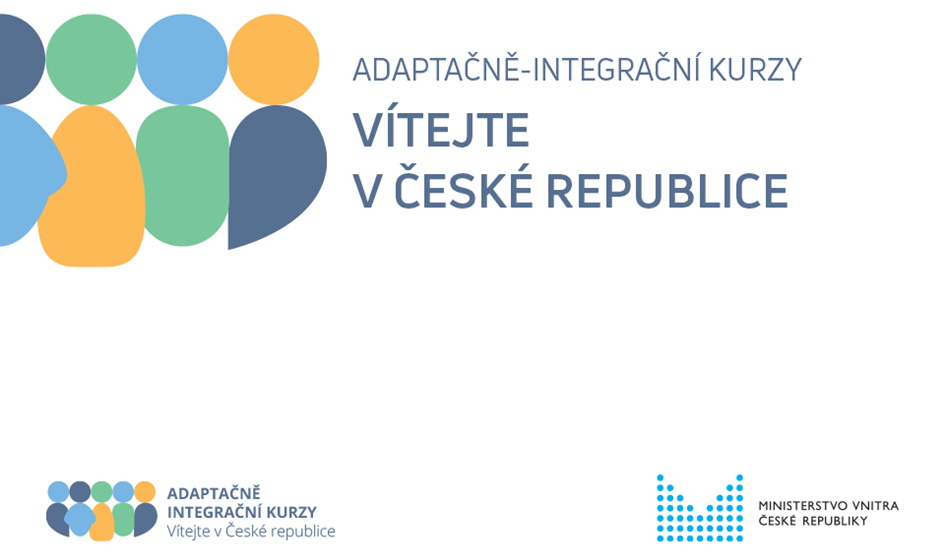
Due to the substantial improvement in the epidemic situation, most of the nationwide emergency measures of the Ministry of Health have been lifted. Partial measures for the health and social care segment remain in force.
For more information, please consult the website of the Ministry of Health and the website of the relevant regional health station. A summary of the current measures can be found on the Covid portal.
Each regional Center can provide professional student training courses upon approval of the Center’s manager.
You will find the current job offers in the below reference:
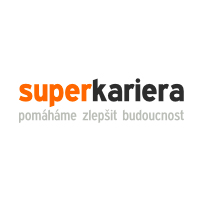

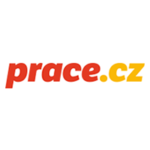
Official Name:
Refugee Facilities Administration of the Ministry of the Interior:
Lhotecká 559/7
143 01 Praha 12
Postal Invoice Adress:
P.O.Box 110
143 00 Praha 4
IČO: 60498021
DIČ: CZ60498021
Bank Connection:
Bank: ČNB Praha 1
Account No: 52626-881/0710